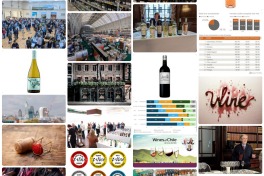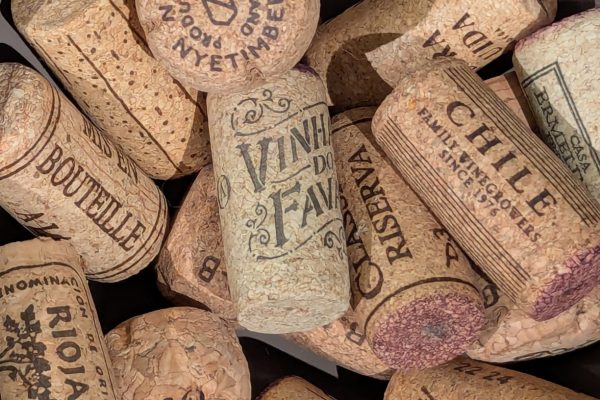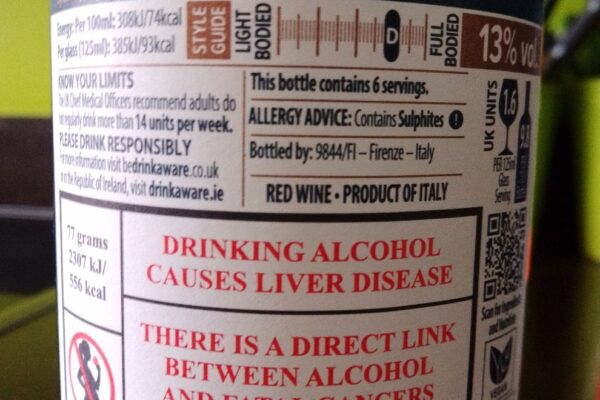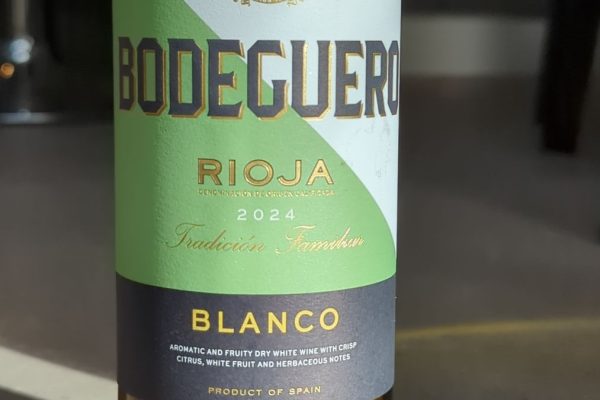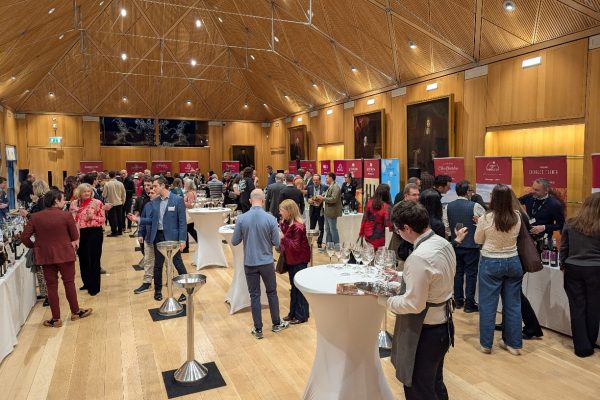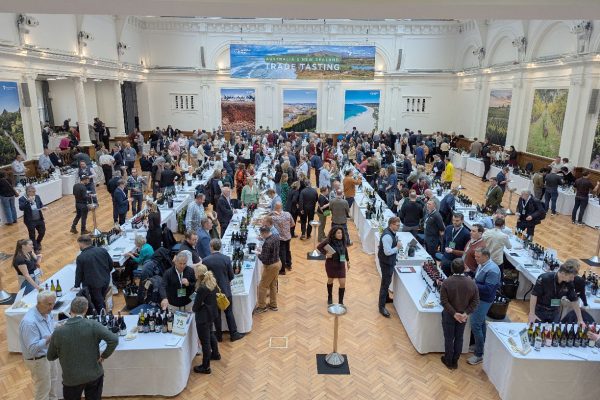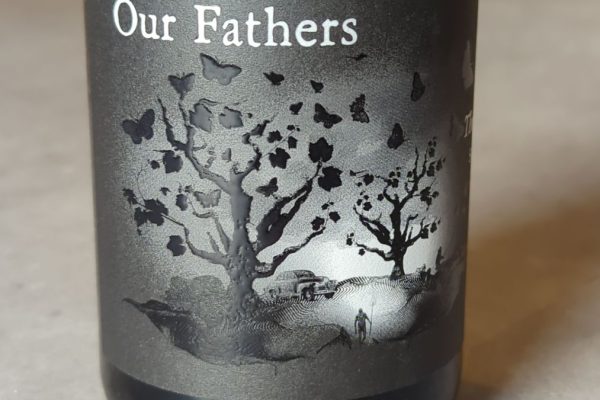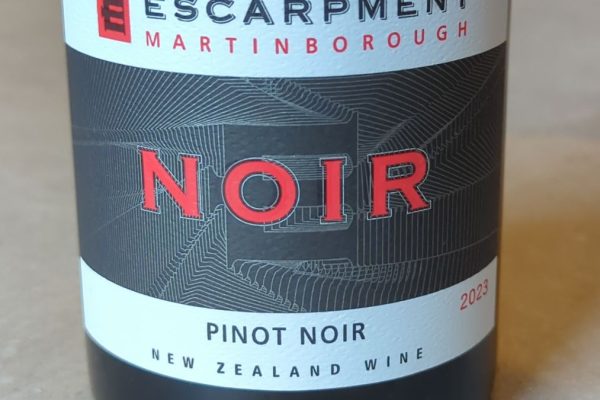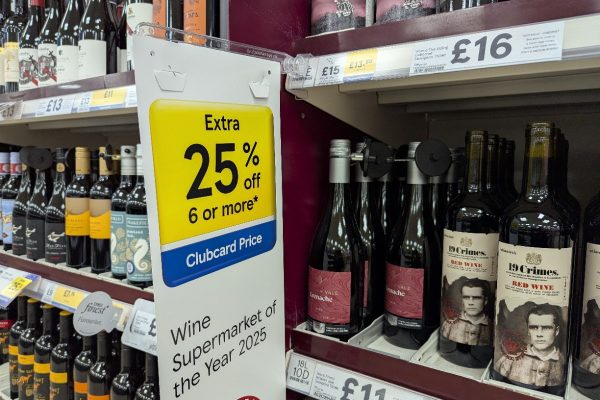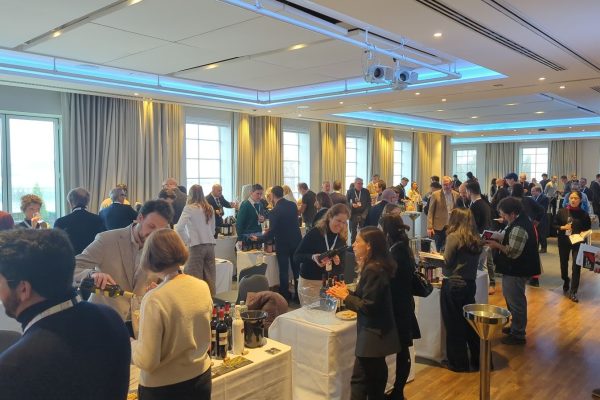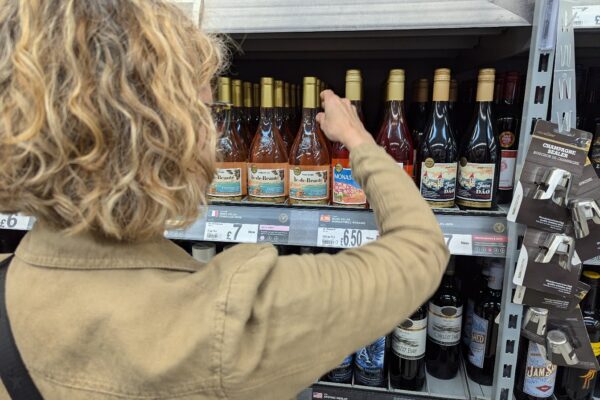
The Drinks Business is reporting that two leading UK bulk wine bottlers are making a move back to traditional cork stoppers. This change comes amidst growing demand among wine brands for more sustainable packaging solutions. This trend is largely driven by cork’s sustainable credentials, which are becoming more valued by both consumers and wine brands.
The decision by Encirc Beverages and Broadland Drinks to install new corking lines at their UK facilities is a result of rising demand for cork-sealed wines. Encirc is responding to a top wine brand’s request to switch from screwcaps to cork for its bulk-shipped wines destined for the UK market. This new line is expected to be operational in the coming months. Similarly, Broadland Drinks is incorporating a corking machine at its Norfolk wine packing facility, aiming to support retailers and brand owners in reducing their carbon footprints.
The wine industry’s reservations about cork, particularly concerns over TCA taint (a musty odour caused by cork contamination), are being alleviated by advancements in technology. Modern methods of cork production and quality control significantly reduce the risk of TCA contamination, making cork a more appealing option.
The move towards cork is not just a reflection of tradition but a strategic decision influenced by the material’s carbon-negative properties. Cork forests are known for their role in capturing CO2, making the use of cork stoppers a proactive step towards environmental sustainability in wine packaging.
The global sales of cork stoppers are on an upward trend, with the market for cork now at 13.2 billion units compared to screwcaps, which sell slightly less than 6 billion annually. The shift away from plastic stoppers, which are in decline, towards more sustainable options like cork and screwcaps, reflects broader market trends towards environmental responsibility.




